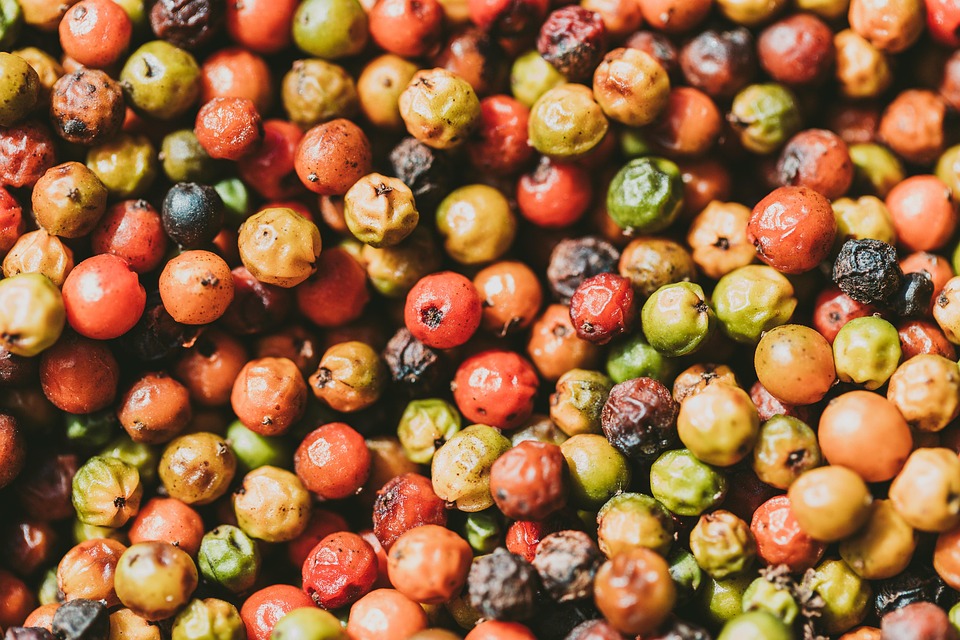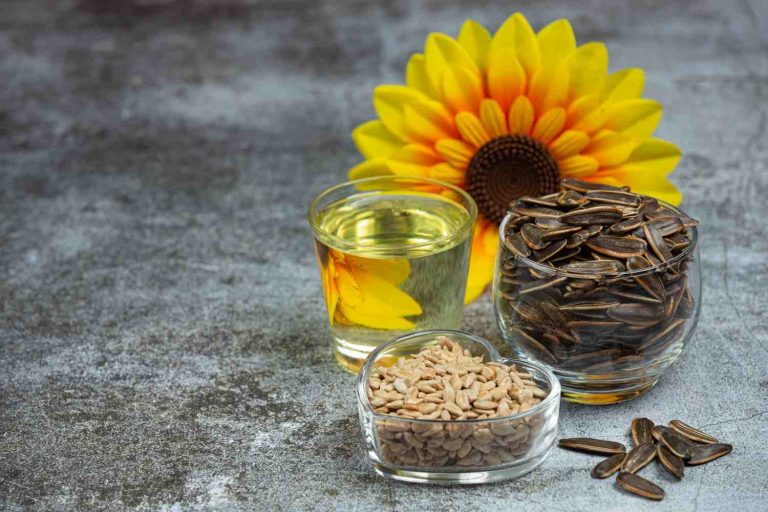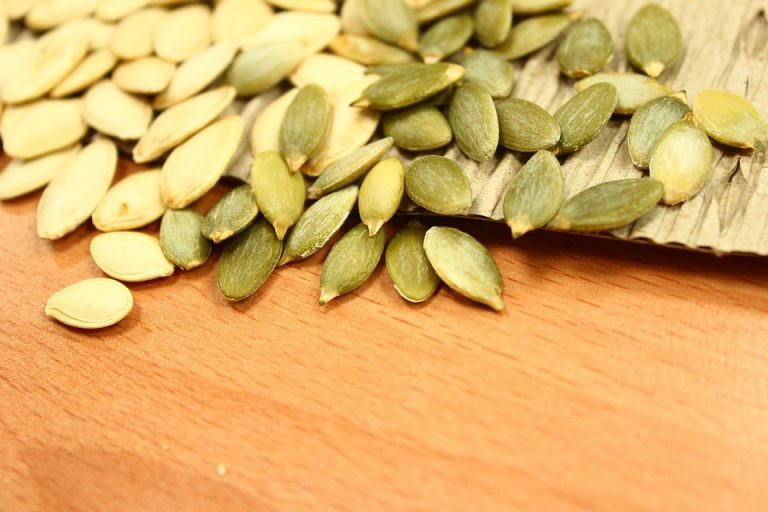7 Ways Joints Support Black Pepper Boosts Mobility
Joints support black pepper is more than a phrase—it’s a practical, little-known approach to easing stiffness and moving with more freedom. It names how one tiny pantry staple, black pepper (and its active compound piperine), can play a meaningful role in comfort, circulation, and the way your body handles inflammation. If you care about walking farther, bending easier, and loving the life in your days, this matters.
I know you want straightforward answers. I’m going to give them. You’ll get the science, real tips you can try tonight, and clear reasons to talk with your healthcare provider. No nonsense. No hollow claims.
Contents
- Joints Support Black Pepper: The Science In Simple Terms
- 1. Reduces Inflammatory Signaling At The Source
- 2. Enhances Nutrient Absorption To Feed Your Tissues
- 3. Protects Cartilage With Antioxidant Action
- 4. Supports Healthy Circulation To Fuel Joints
- 5. Synergizes With Other Natural Compounds
- 6. Helps Manage Pain Without Heavy Side Effects
- 7. Promotes Long-Term Joint Resilience
- Real-Life Example: The Active Retiree
- What the Experts Say
- Bottom Line
- FAQ
Joints Support Black Pepper: The Science In Simple Terms
Black pepper contains piperine, a compound that changes how your body absorbs nutrients and how cells respond to stress. Research shows piperine can boost the absorption of compounds like curcumin, and it has its own anti-inflammatory and antioxidant properties. You can read the classic pharmacology study that demonstrated enhanced curcumin absorption on PubMed here (https://pubmed.ncbi.nlm.nih.gov/9732198/) and explore piperine’s chemical profile on PubChem (https://pubchem.ncbi.nlm.nih.gov/compound/Piperine).
When we talk about joints support black pepper, we’re not promising miracle cures. We’re describing how piperine supports biological processes that protect cartilage, reduce low-level inflammation, and improve nutrient delivery to connective tissue. That matters when you want movement that doesn’t fight you.
1. Reduces Inflammatory Signaling At The Source
Inflammation is a loud neighbor; it keeps your joints red, stiff, and slow. Piperine helps tone down inflammatory signaling in cells. Lab and animal studies suggest it reduces certain cytokines—the tiny molecular messengers that stir up pain and swelling. That’s why adding a dash of black pepper to meals that include anti-inflammatory foods can be more than flavor—it’s functional.
When you use joints support black pepper intentionally, you’re giving your body a compound that can quiet inflammatory pathways and let your joints do what they were built to do: move.
2. Enhances Nutrient Absorption To Feed Your Tissues
One of piperine’s most important gifts is its ability to help your gut absorb nutrients. The best known example is curcumin—an active turmeric compound with joint benefits. Alone, curcumin is poorly absorbed; paired with piperine, absorption skyrockets.
Think of joints support black pepper as the backstage manager who makes sure your joint-loving supplements actually get where they need to go. If you take a supplement for joint health, pairing it with black pepper or a formula that contains piperine can mean the difference between paying for a pill and actually feeling it.
3. Protects Cartilage With Antioxidant Action
Cartilage wears down over years of motion and stress. Oxidative damage speeds that process. Piperine shows antioxidant activity—mopping up harmful molecules before they attack the delicate joint surfaces.
When you bring joints support black pepper into your meals, you’re adding a culinary antioxidant that helps defend cartilage against daily wear. It’s a small habit that pays long-term dividends.
4. Supports Healthy Circulation To Fuel Joints
Healthy blood flow matters for repair. Nutrients and oxygen travel through your bloodstream to reach tissues that need them. Piperine influences blood flow and helps improve circulation at a cellular level.
Using joints support black pepper with meals can nudge nutrient delivery in the right direction. Better circulation means more raw material for repair and less lingering stiffness after activity.
5. Synergizes With Other Natural Compounds
Black pepper doesn’t have to work alone. It boosts curcumin, as we mentioned, and it can make many herbal and micronutrient combinations more effective. That’s called synergy—where one plus one equals three.
When you plan joint-support strategies, remember that joints support black pepper is often the missing link. Combine it with omega-3s, vitamin D, or turmeric for a compounded benefit your body actually uses.
6. Helps Manage Pain Without Heavy Side Effects
Pain is complex. While serious pain needs medical attention, many people benefit from simple, lower-risk strategies to reduce bothersome aches. Piperine’s modulation of inflammatory and pain-related pathways may lessen the intensity of mild-to-moderate discomfort.
If you explore joints support black pepper as part of a broader pain-management plan—alongside movement, weight management, and targeted supplements—you may reduce reliance on stronger medications. Always coordinate with your clinician before changing treatment.
7. Promotes Long-Term Joint Resilience
Resilience comes from consistent, small habits. Adding black pepper to your recipes, choosing whole foods that pair well with it, and combining it with supportive nutrients can deliver cumulative benefits. Over time, these choices help tissues resist breakdown and bounce back from everyday stresses.
When you invest in joints support black pepper, you’re investing in daily consistency. That’s how joint health lasts.
How To Use Black Pepper Without Overdoing It
Using black pepper for joint support is practical and delicious. Here’s how to make it work for you:
-
Cook smart: Add freshly ground black pepper to meals that include healthy fats (olive oil, avocado) to support absorption.
-
Pair with turmeric: A pinch of black pepper with turmeric-rich dishes or supplements enhances curcumin uptake.
-
Try pepper oil or extracts cautiously: Concentrated forms can be strong—talk to your provider about dosage if considering extracts.
-
Taste first: Let your appetite guide you. If pepper upsets your stomach, reduce the amount and prioritize piperine-containing supplements under supervision.
When you practice joints support black pepper, a little often beats a lot once in a while.
Real-Life Example: The Active Retiree
I talk to people who simply want reliable mobility. One woman I know added a daily golden-milk latte (turmeric, warm milk, touch of black pepper) to her routine and noticed less morning stiffness. She didn’t change everything overnight—she made one consistent swap. That’s the real power of joints support black pepper: it’s accessible and sustainable.
What the Experts Say
Researchers and clinicians don’t hand out guarantees, but they do look at mechanisms and evidence. Clinical pharmacology work shows piperine improves bioavailability of several compounds. Reviews on piperine outline its anti-inflammatory and antioxidant roles. For context, Mayo Clinic and Arthritis Foundation resources explain the broader landscape of joint health and why strategies that reduce inflammation and improve nutrient delivery matter for everyday mobility.
If you want to read deeper, the PubMed study on curcumin and piperine is a good place to start (https://pubmed.ncbi.nlm.nih.gov/9732198/).
Bottom Line
Bottom Line: When you use joints support black pepper thoughtfully, you gain a small, safe tool that enhances nutrient absorption, soothes inflammatory signals, protects cartilage, and promotes circulation. It’s not a cure-all, but it’s meaningful. Pair black pepper with proven strategies—movement, weight management, evidence-backed supplements, and medical guidance—and you give your joints every fair shot at lasting mobility.
Be practical: add freshly ground black pepper to healthy recipes, combine it with turmeric or quality joint supplements when appropriate, and talk to your doctor about concentrated piperine products if you’re on medications.
You deserve to move with comfort. Try this simple kitchen habit for a month, track how you feel, and adjust with care.
FAQ
Can I just take black pepper supplements for joint pain?
Supplements with piperine exist, and they can be helpful—especially to improve absorption of other supplements. But don’t assume more is better. Discuss dose and safety with your health provider, especially if you take medications. Using joints support black pepper in food is a gentle place to begin.
Will black pepper interact with my medications?
Piperine can affect how some drugs are metabolized. That’s why you must consult your clinician before starting concentrated forms. Culinary use of black pepper is generally safe, but concentrated supplements require medical review.
How soon will I notice benefits?
Everyone’s different. Some people feel small changes in stiffness within weeks; others notice improved recovery over months. Treat it as a long-term habit—joints support black pepper is part of a steady program, not an overnight fix.
Is there anyone who shouldn’t use black pepper?
If you have stomach ulcers, severe reflux, or a history of sensitivity to spicy foods, use caution. Also, check with your provider if you’re pregnant, breastfeeding, or taking medications that piperine might affect.
———
References
References
-
The Shoba et al. study demonstrating enhanced curcumin bioavailability with piperine is available on PubMed (http://pubmed.ncbi.nlm.nih.gov/9732198/).
-
Piperine’s chemical and pharmacological profile is documented on PubChem at the National Institutes of Health (http://pubchem.ncbi.nlm.nih.gov/compound/Piperine).
-
The Mayo Clinic provides evidence-based guidance on arthritis, symptoms, and treatment approaches that put joint-support strategies into context (http://www.mayoclinic.org/diseases-conditions/arthritis/symptoms-causes/syc-20350772).
-
The Arthritis Foundation offers practical resources on managing joint pain and lifestyle strategies that support mobility (http://www.arthritis.org/).
-
A National Center for Biotechnology Information review discusses piperine’s biological activities and mechanisms (https://www.ncbi.nlm.nih.gov/pmc/articles/PMC4106649/).
Thank you for reading—try one small change today and notice how your body responds.
Get Your FREE Natural Health Guide!
Subscribe now and receive our exclusive ebook packed with natural health tips, practical wellness advice, and easy lifestyle changes, delivered straight to your inbox.




